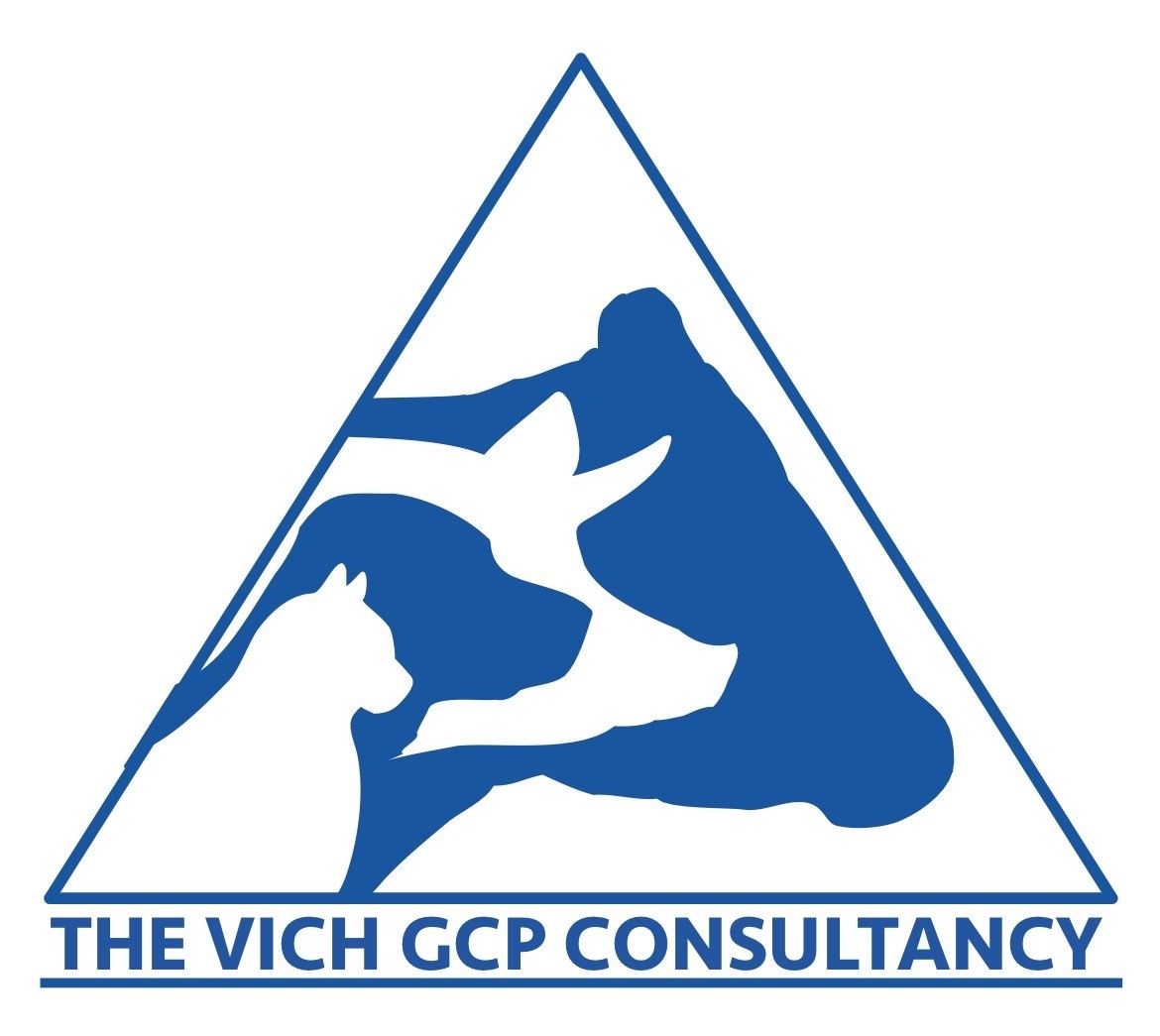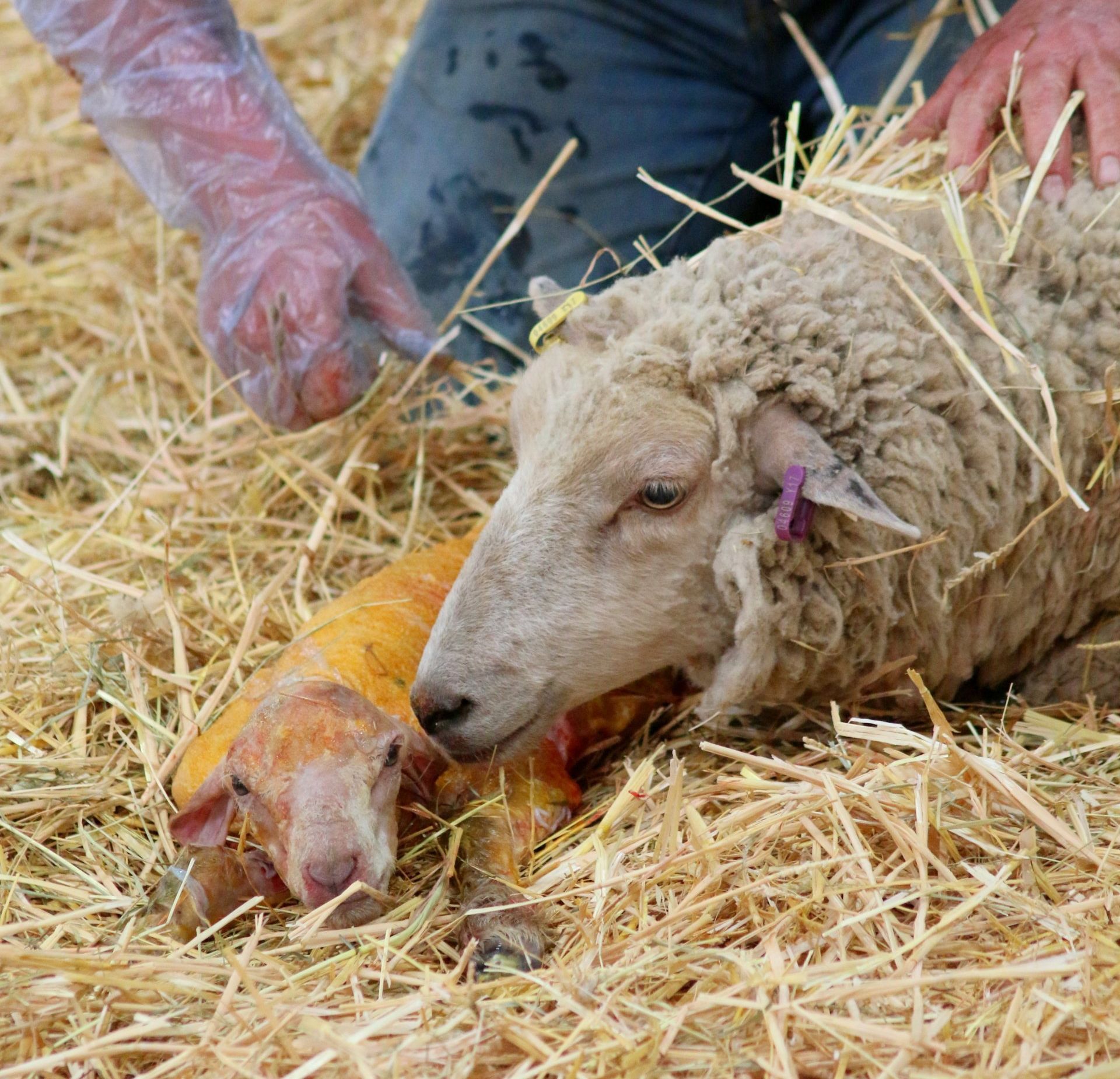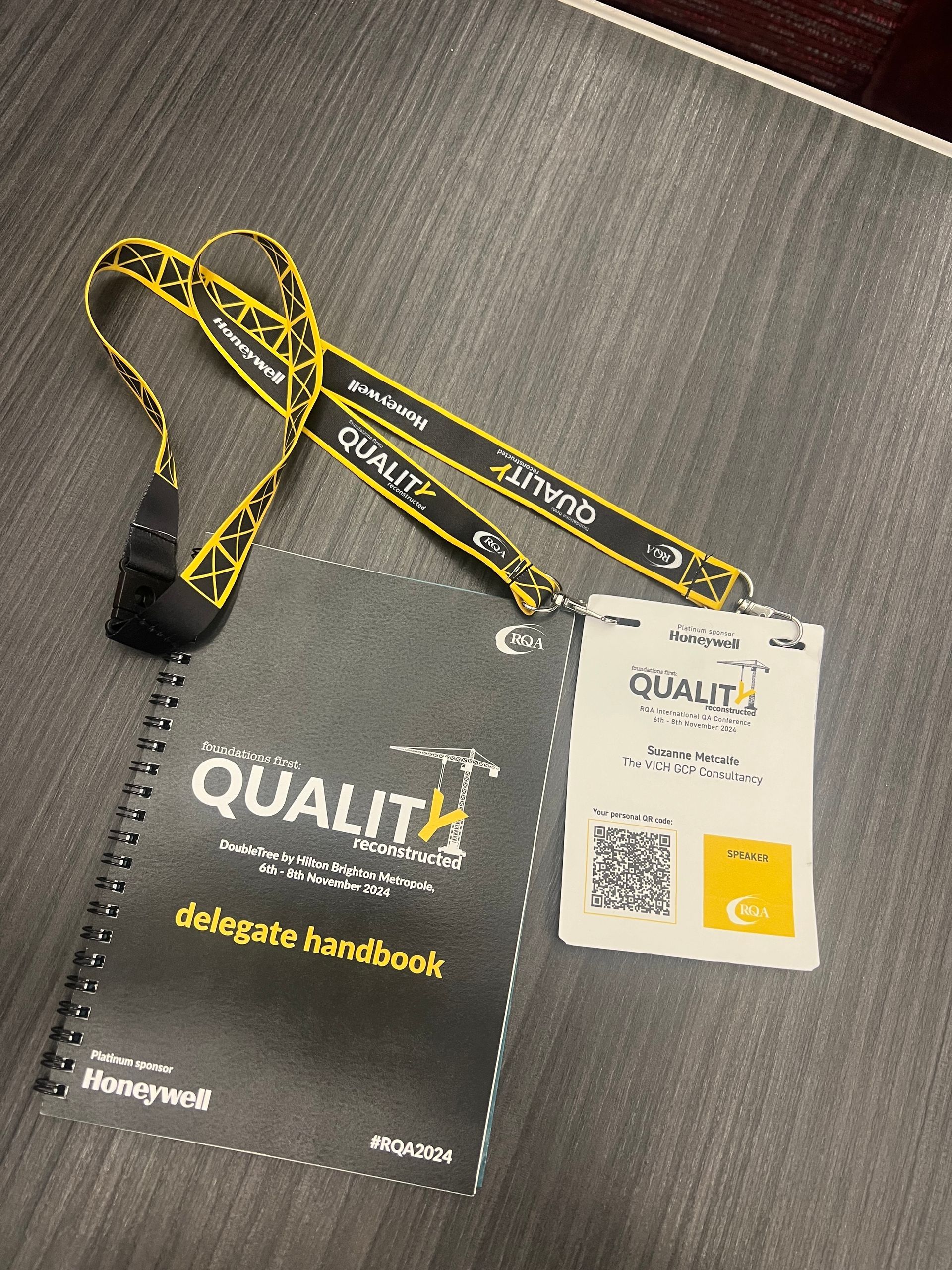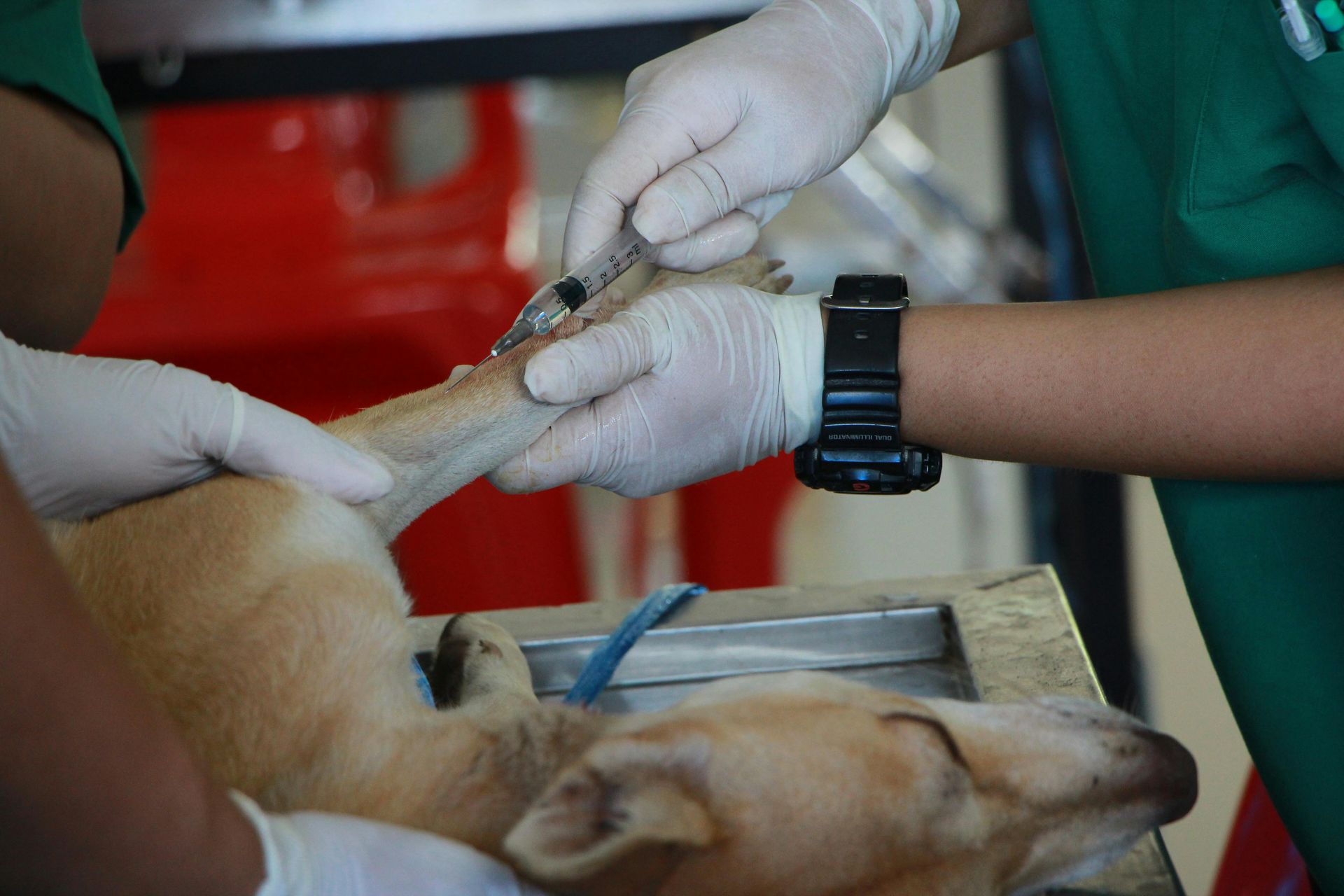vGCP Trials and Tribulations! So We Start at the Beginning Part 2: What does VICH GCP Tell Us?
What does VICH GCP cover?..
Key Players
There are several key roles in a VICH GCP study: the “Sponsor”, the “Investigator”, the “Monitor” and the “Quality Assurance Auditor”. VICH GCP defines their responsibilities.
Study Design and Planning
VICH GCP states that study sites should have adequate facilities and qualified personnel capable of conducting the study according to the protocol.
In VICH GCP field studies, the Investigator usually is a veterinarian with access to either client-owned animals from their clinic population or to farms for which they are the responsible veterinarian.
Often however, the true driver behind site selection is case recruitment – can the site recruit the animals needed for the study?
Study Protocols
VICH GCP describes the structure of a compliant study protocol. Other guidelines should be consulted for content of the protocol such as directives, EMEA guidelines, monographs, etc. as well as obtaining scientific advice.
The study protocol should state the objectives, design, methodology, and procedures of the study.
This study protocol should be based on the VICH GCP guidelines and include information on the study population, dosage, treatment regimen, sample size calculations, endpoints, statistical analysis, and safety monitoring.
The study protocol should be subjected to ethical review and approval, ensuring that the study adheres to the principles of the 3Rs (Replacement, Reduction, and Refinement) and is conducted in compliance with relevant animal welfare laws and regulations of the country in which the study will be performed.
Data Management and Monitoring Quality Control
Establishment of a robust data management system to collect, record, and analyse study data is critical to the success of any study. This system should be compliant with the principles of VICH GCP and include procedures for data entry, quality control, data validation, and data security.
If the data management system is electronic (Electronic Data Capture System), then this should also be validated and compliant with any required regulations e.g. 21 CFR Part 11.
Such systems have in-built edit checks to ensure the consistency of data recording which negates some potential human-errors, but electronic systems may not be suitable for all field-situations (cost and practical considerations).
The validity of the data is verified by the Monitor conducting regular data checks and by visits to the study sites to verify that the study is being conducted according to the protocol, VICH GCP guidelines, and animal welfare standards.
Monitors should review source documents, data, and study procedures to ensure that the study is proceeding as planned and that deviations are properly recorded and addressed.
Quality Assurance
VICH GCP is supportive of a quality assurance (QA) program that includes audits of the study sites and data management processes. The extent of QA involvement will depend on the project; however, critical phases audits should be performed.
The QA auditor should be independent of the study personnel and responsible for identifying and correcting any issues that could impact the study's validity.
Reporting
Once the study data is collected and the final efficacy data set determined, statistical analysis will be performed, according to the protocol requirements, to establish the safety and efficacy of the test product.
A final study report is compiled that reports what actually happened on the study and includes all study data, analysis results, and conclusions.
This report should adhere to items listed VICH GCP guidelines, following submission it will be reviewed by the regulatory authorities.
Further reading:
21 CFR Part 11
eCFR :: 21 CFR Part 11 -- Electronic Records; Electronic Signatures
EMA Guidance
Scientific guidelines for veterinary medicines | European Medicines Agency (EMA) (europa.eu)
FDA







